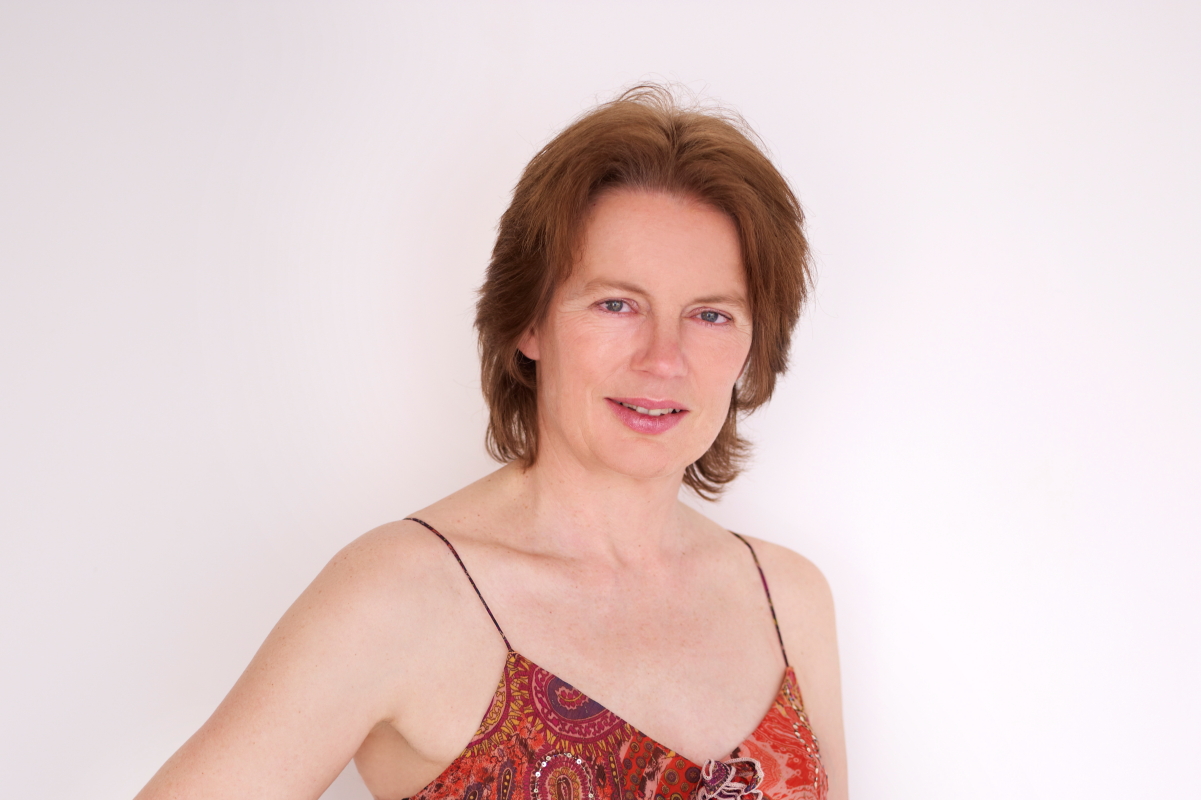
Please connect with me on Twitter, ResearchGate, LinkedIn, Facebook, Mastodon and Instagram!
Take a look at my books and watch my videos. You can also contact me directly by email!
I grew up with an interest in science. I wasn’t especially good at it but the concepts fascinated me. One of the issues that I understood to be core to scientific knowledge was the concept of a proof. A theory is proposed on the basis of strong evidence or logic. Then scientists challenge the theory until the weight of supporting evidence means that it is accepted as part of scientific knowledge. This does not happen in sexology. Papers are written in language designed to obfuscate the discussion. There is no forum where thinking adults can ask questions or compare notes about sex. No organisation disseminates explanations or research findings. We don’t even have a comprehensive account of human sexuality.
The vast majority of people just have sex. This is not really experience of anything much. So-called sex experts are people who are happy to discuss intimacy and personal issues. They talk about sexual health, reproduction and relationships. You cannot give someone the ability to understand sexuality. Our appreciation of sexuality depends on two factors. Firstly, it helps if we have some experience of responsiveness (primarily a male characteristic). Secondly, we need the communication skills, sense of adventure and willingness to explore sex play with a lover over decades.
There is a misconception that to be an authority on sexuality, we must have attended an academic course. But what facts, logic and research findings are these courses based on? Sexologists do not support their academic opinions with research findings any more than anyone else. The general public never questions this lack of factual and logical evidence. Research that challenges the emotional beliefs of the general public obtains very little support and funding.
I’m glad to say that I’m not an expert. I haven’t been trained in the sexual ignorance that others are willing to accept. I have relied on my common sense. I have been able to explain my experiences in terms of the research findings. The overwhelming proof of my competency is that I am ready to talk about explicit aspects of sexuality. Very few people worldwide (via the internet) have anything explicit or constructive to say on the topic. No one seems to appreciate that original research has to change the status quo. It does not involve simply agreeing with everyone else’s opinions.
I am certainly educated and intelligent enough to acquire the relevant academic qualifications. But I could not sit passively through a course that provides misinformation about women’s sexuality. I would never find a research sponsor because I am challenging current beliefs that bolster men’s view of their role in providing women with sexual pleasure through intercourse. Very few people are interested in women’s sexual experiences that do not conform to women’s sexual and social role of pleasing men.
If current beliefs about women’s sexuality were largely correct with only a few factual errors, I could join one of these institutions and work with them to correct the misunderstandings. But the errors and misconceptions are so colossal and all-encompassing that no one is going to listen from within. Every institution is dominated by the male viewpoint because men, being so much more interested in sexuality, constitute the prime consumer. The women, who take part, mirror the male view because this is the only way to have a paying job in sexology. My research focuses on asking difficult questions and is much less popular. I am prepared to be judged on the usefulness of my work to the general public and sex educators.
In the beginning I hoped that someone would join me. I thought that sexually experienced women, perhaps lesbians or prostitutes would have something to say. Very few people are motivated by a scientific understanding of sexuality. There’s no money in it and everyone has to earn a living. I am motivated by my determination to document the truth. The advantage of being outside professional bodies is that I am independent. I have a unique position of being able to ask unpopular questions and discuss the topic without the threat of censure. This is vital for the work that I have set myself.
Excerpt from A Hand Full of Cards (ISBN 978-0956-894731)











